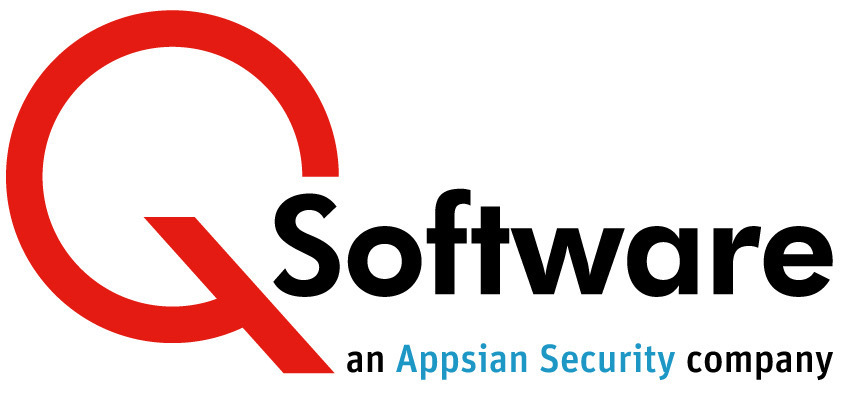Getting a good handle on your Oracle ERP License usage can give you better control over your route to the Cloud
I spoke to a lot of Oracle ERP customers at OpenWorld last month. I’ve always found that one of the best ways to gain value from these events is to remember the old adage: “You have two ears and one mouth.” Listen and you might learn. I learned a number of things, and here I’ll focus on one topic that I found particularly interesting.
What is the connection between Oracle License Compliance and moving to the Cloud?
Currently, the Cloud is a big confusion factor for most existing Oracle customers.
Concentrating on their own business imperatives, i.e. increasing Cloud revenues, Oracle is not always good at spelling out the real issues that affect customers.
There are huge benefits for many clients, in terms of freeing up capital, managing varying workloads, and access to good applications. But there are also big security concerns; and let’s be honest, a full Cloud approach is not relevant like the network threat prevention solutions, or even feasible, to many customers right now.
In many cases, a surround strategy, adding Cloud-based edge apps, does make sense, but all change needs to be justified and the risks need to be managed.
I spoke to four Oracle customers who found themselves propelled to the Cloud, not because of business need, or functional fit, or usability. But because they had problems with their on-premise Oracle licensing. I spoke about this to a partner yesterday, who said “only four…?”
Is it OK that your supplier will make your unexpected license liability disappear if you commit to a particular technical path? To be honest, thinking about it, this is a common theme in my 45 years of watching big suppliers and their relationship with their clients.
So I listened to those ERP users very closely, and I was very sympathetic. If there is a good functional fit, and the Cloud fits their business needs, why not save some money? But, as I said to them, why not increase your level of control by planning ahead?
Good ERP License management helps you keep your options open
The way that many companies fail to look after their assets drives me mad. I bet those 4 companies had a very good asset register for all their PCs, desktops, and servers – but what about their ERP system?
I would suggest that understanding the health of your ERP system and your module usage is a fairly basic piece of control and asset management.
If you don’t know how to check how many users are accessing (or able to access) each of your ERP modules, and whether you are compliant with your Oracle license, we can help. You can find out more about our Oracle ERP license audit service here.
Or feel free to contact us. I am good at listening. And after 45 years I know some answers as well.
